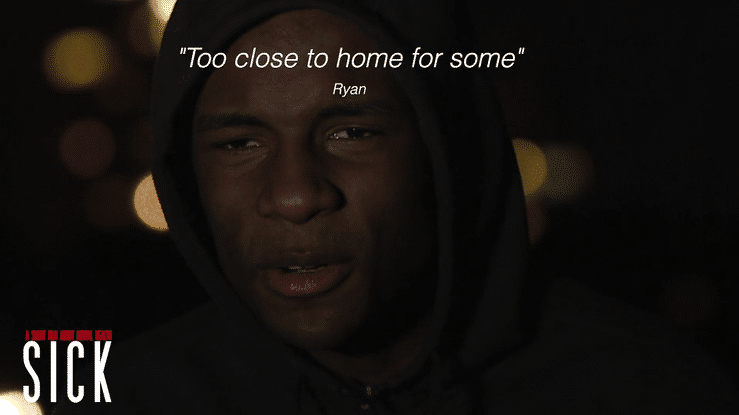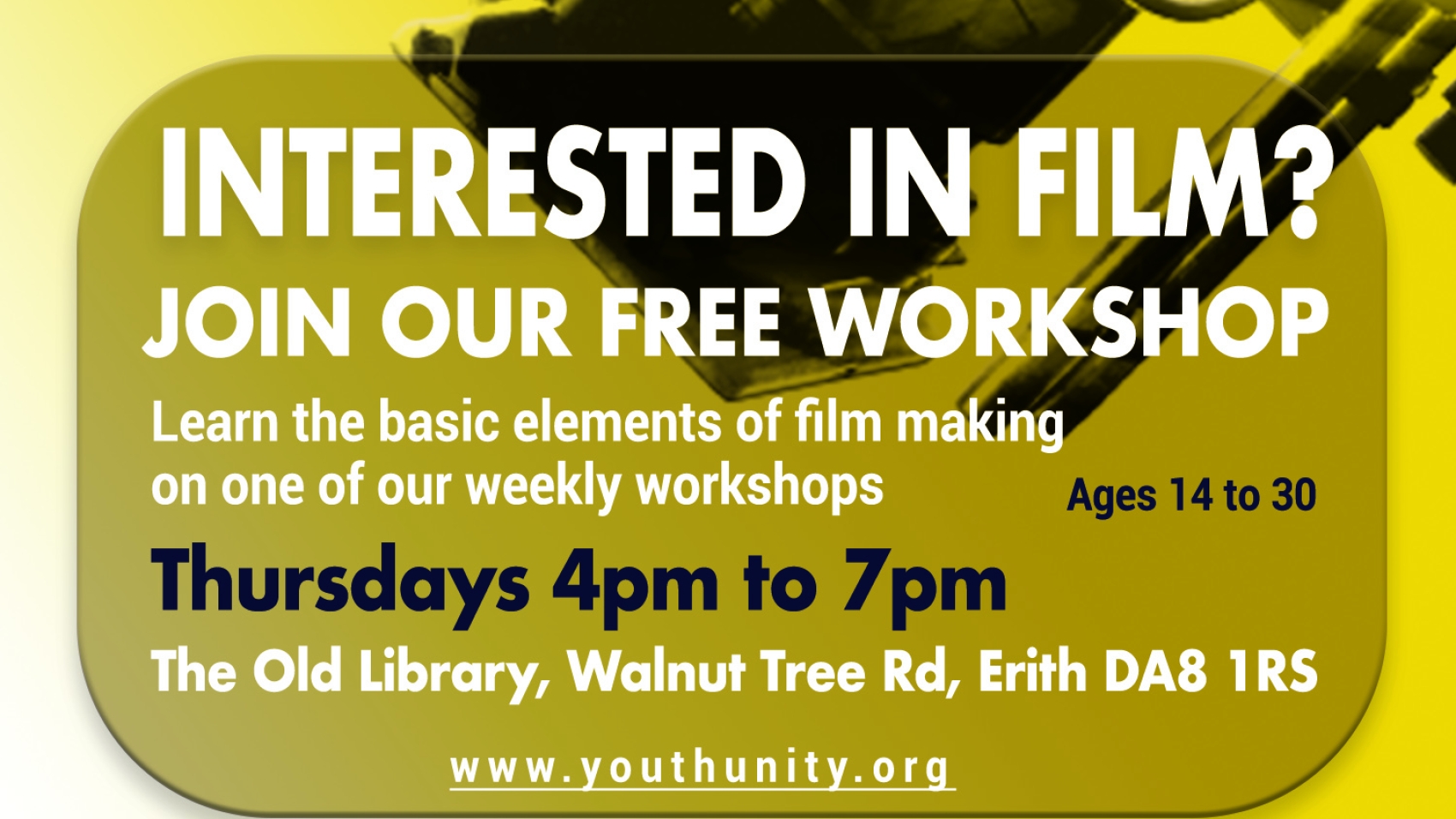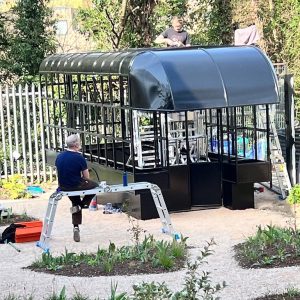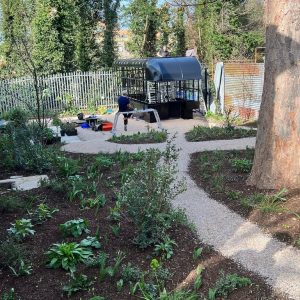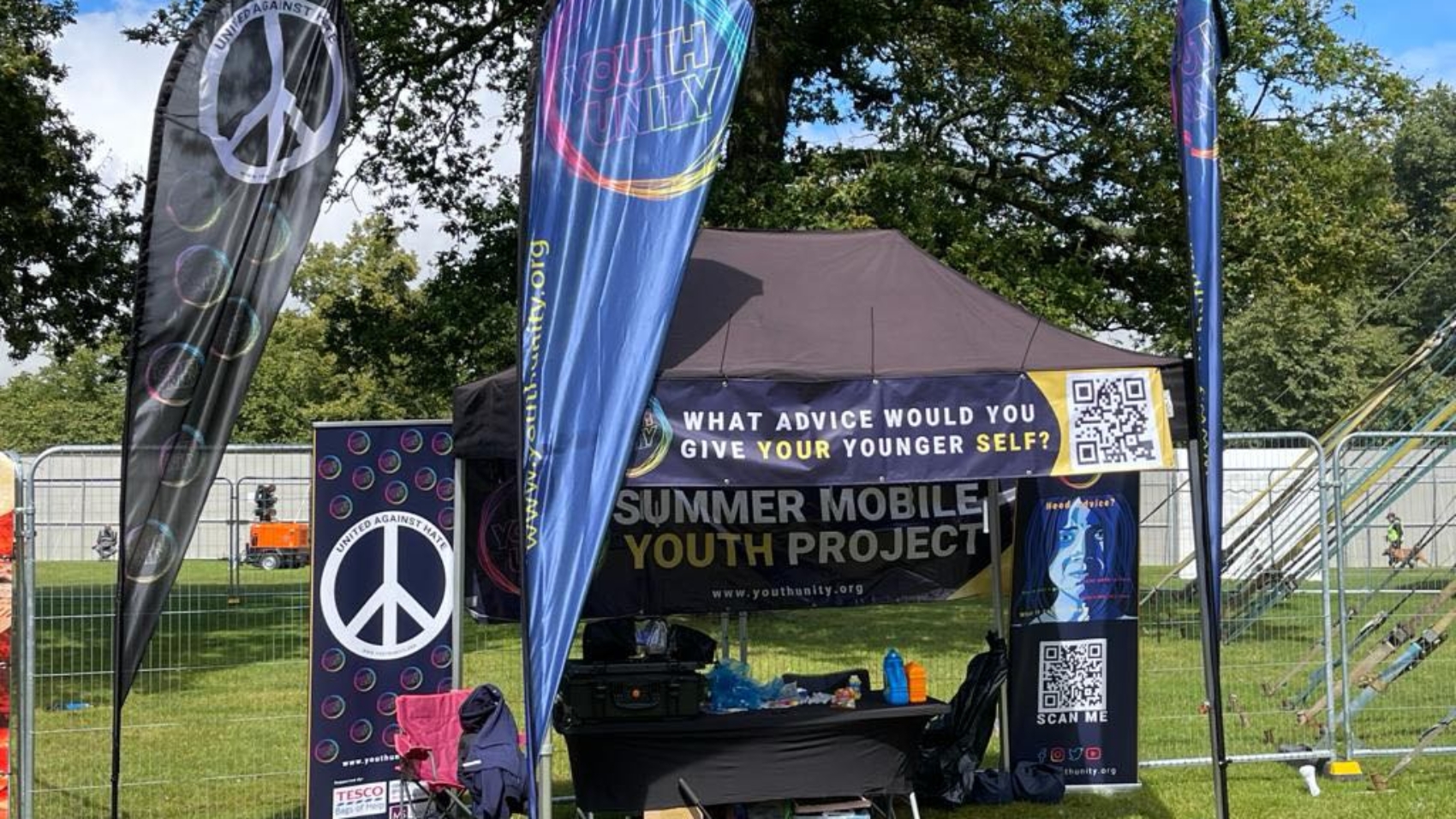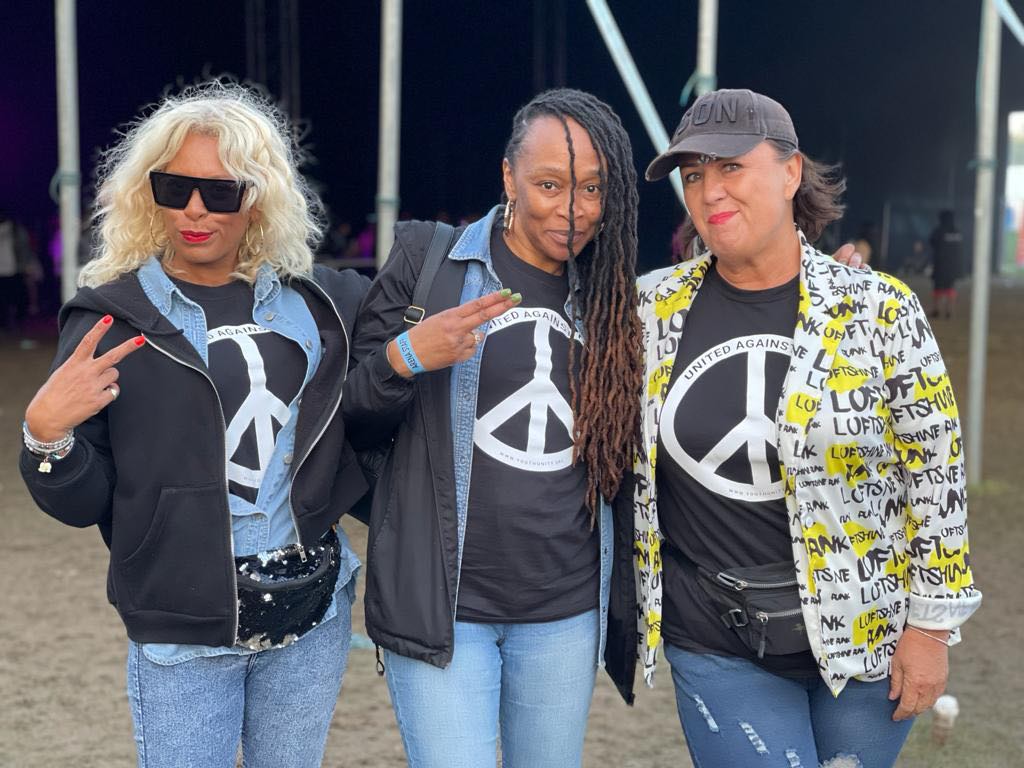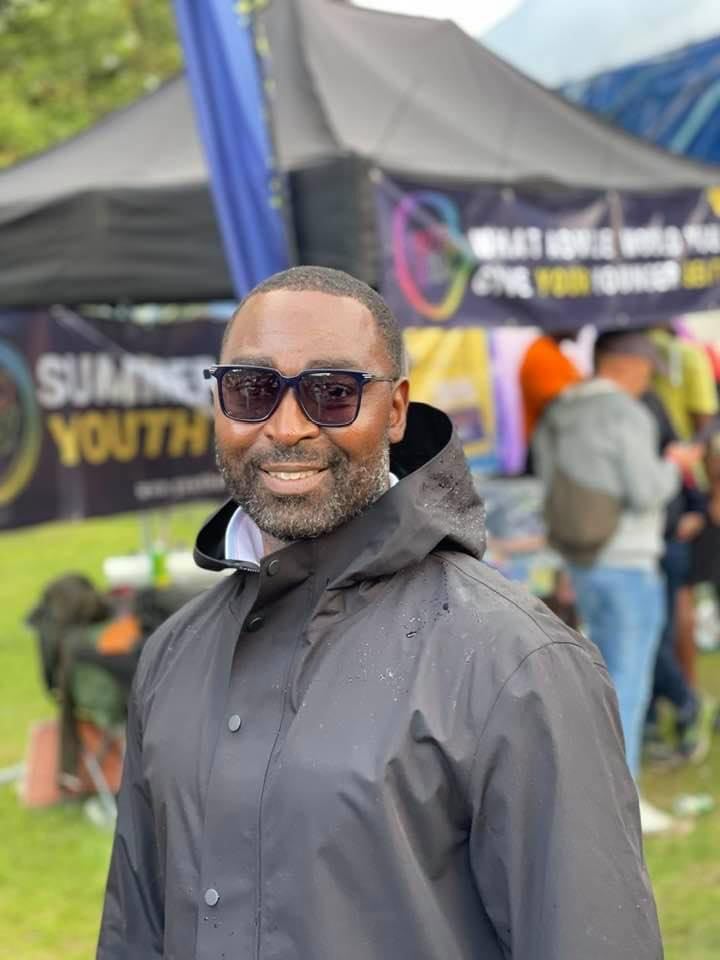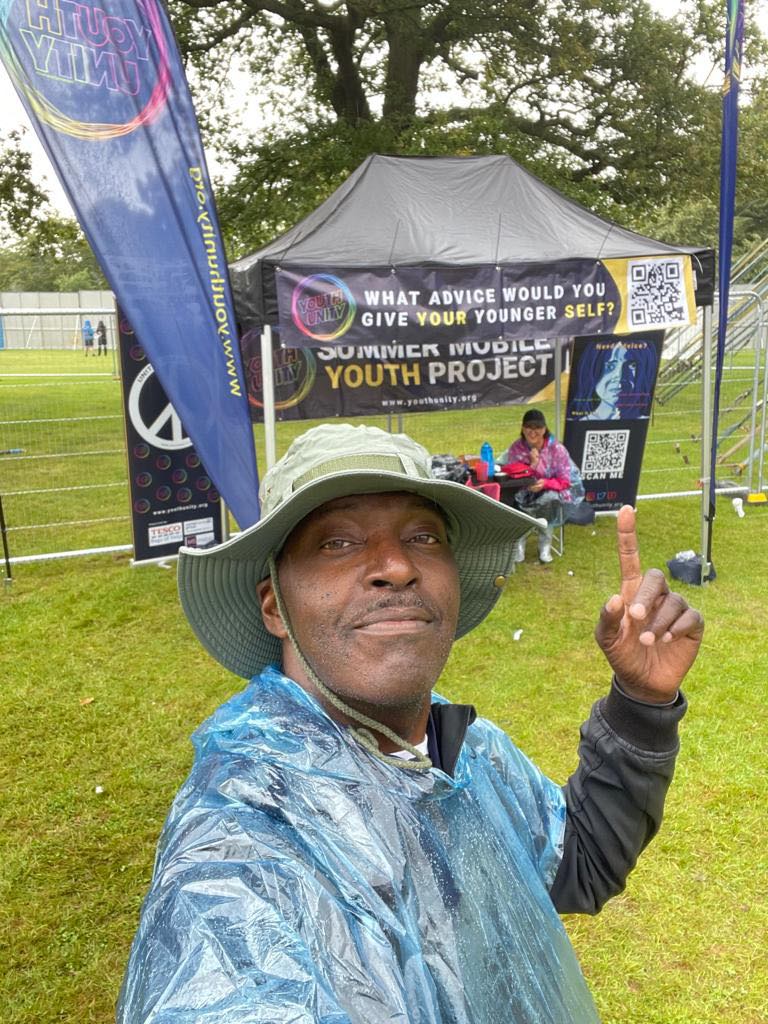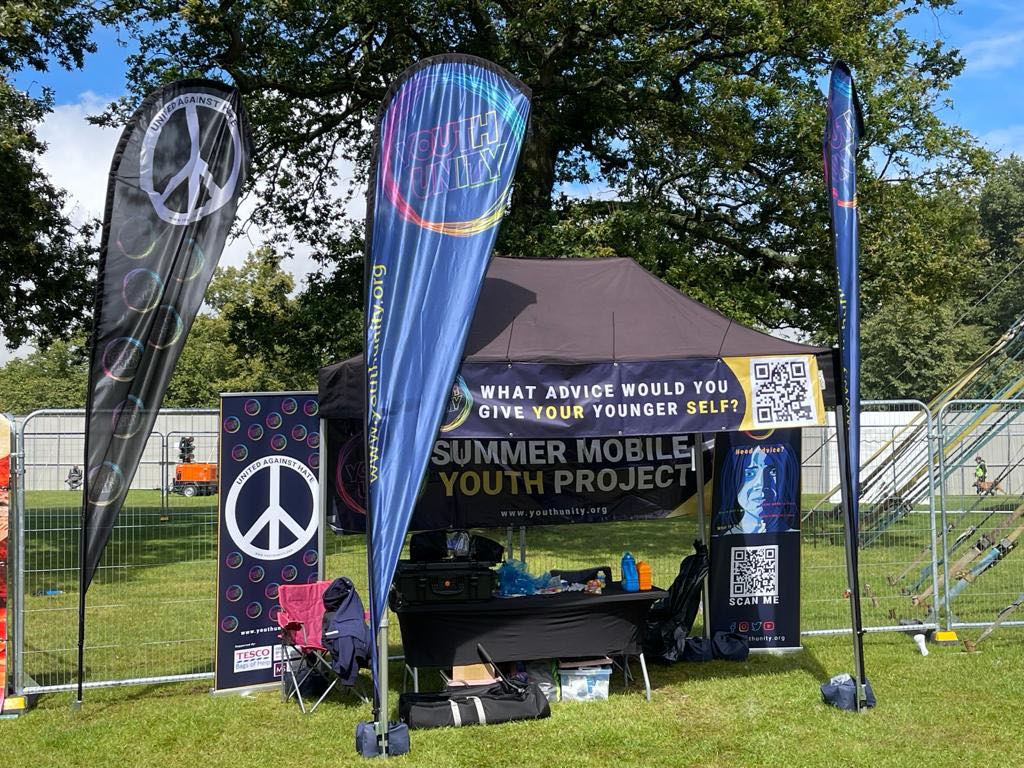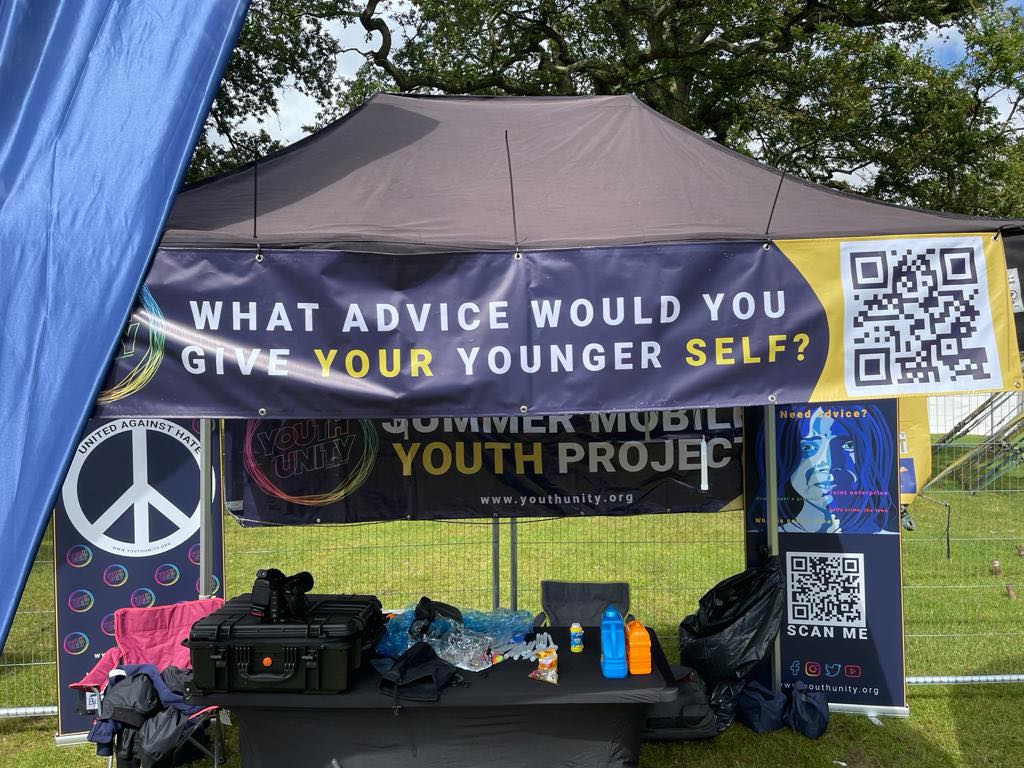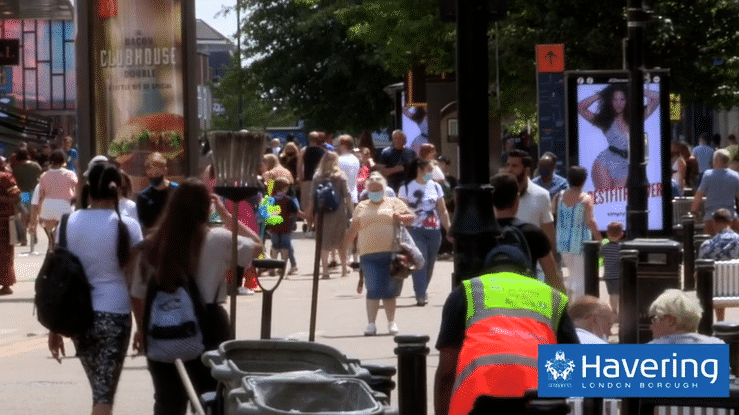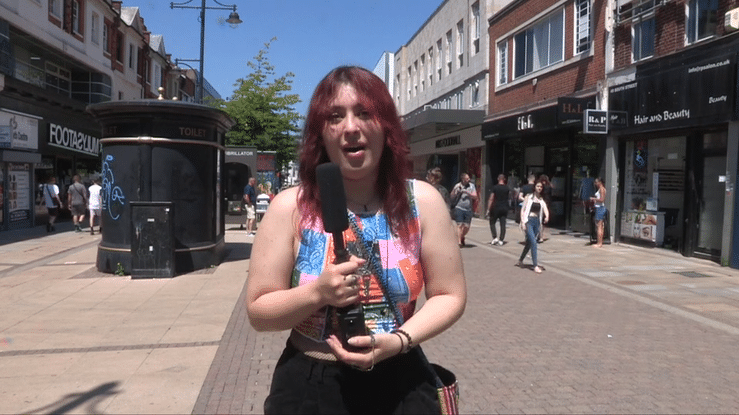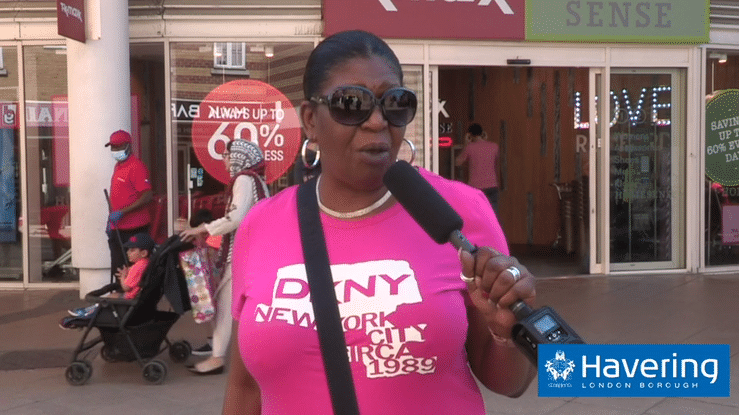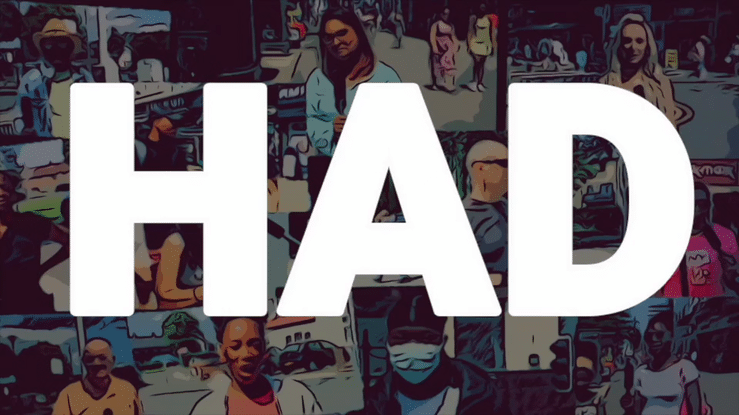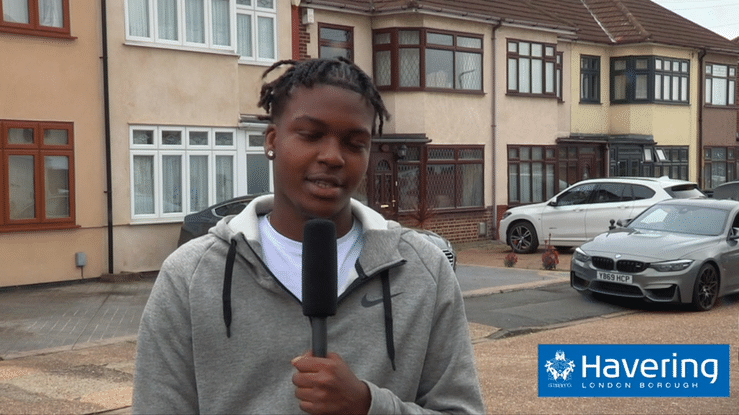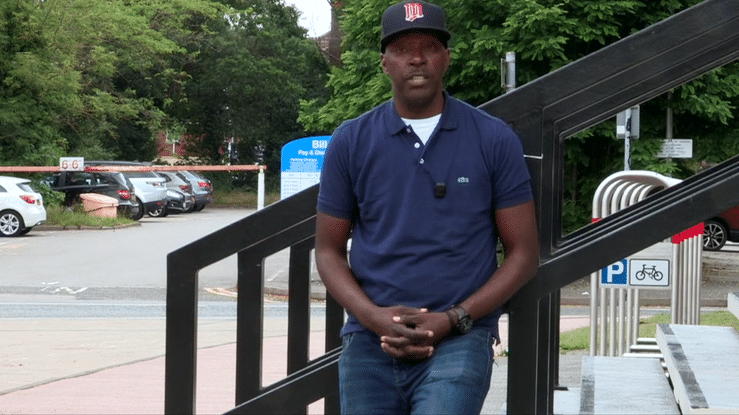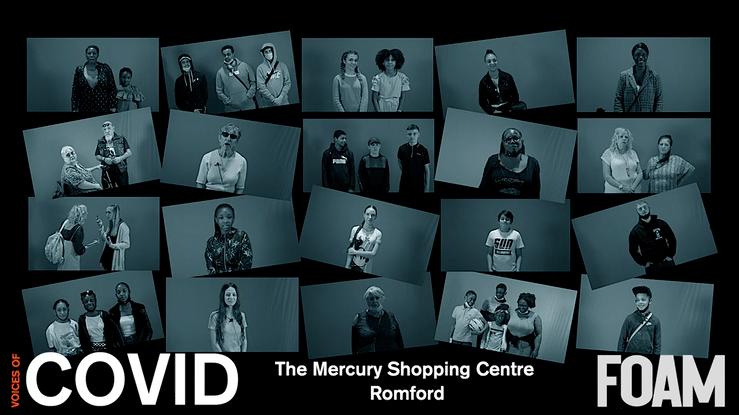These films act as more than just stories; they are powerful tools that speak directly to the hearts of young individuals, providing a visual backdrop to the empowering words shared
We are thrilled to announce that we now have access to three compelling intervention short films, aptly titled “Stories Like Ours.” These stories where given to us by Tom Watt, and the full endorsement goes to The ACED Project CIC.
These films serve as a powerful tool in our mission to connect with and inspire the young minds we engage with, particularly during our detached youth work sessions.
In these sessions, we focus on reaching out to hard-to-reach young individuals within our communities. “Stories Like Ours” aims to reignite a sense of connection and understanding among these youth, providing a platform for them to see reflections of their own experiences and challenges.
Moreover, these remarkable short films have been curated to play a crucial role in our efforts to educate young people about making informed life choices. The snippets you find here are just a glimpse into the impactful narratives that await.
If you’re intrigued and wish to delve deeper into the stories, we invite you to reach out. Consider this an open invitation to connect, and perhaps we can arrange a workshop to explore these films in a more immersive and engaging setting.
Let’s embark on a journey of storytelling, empathy, and positive change together. 🌟






